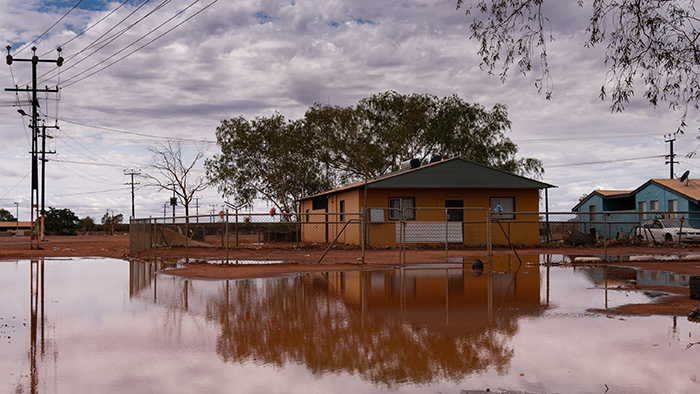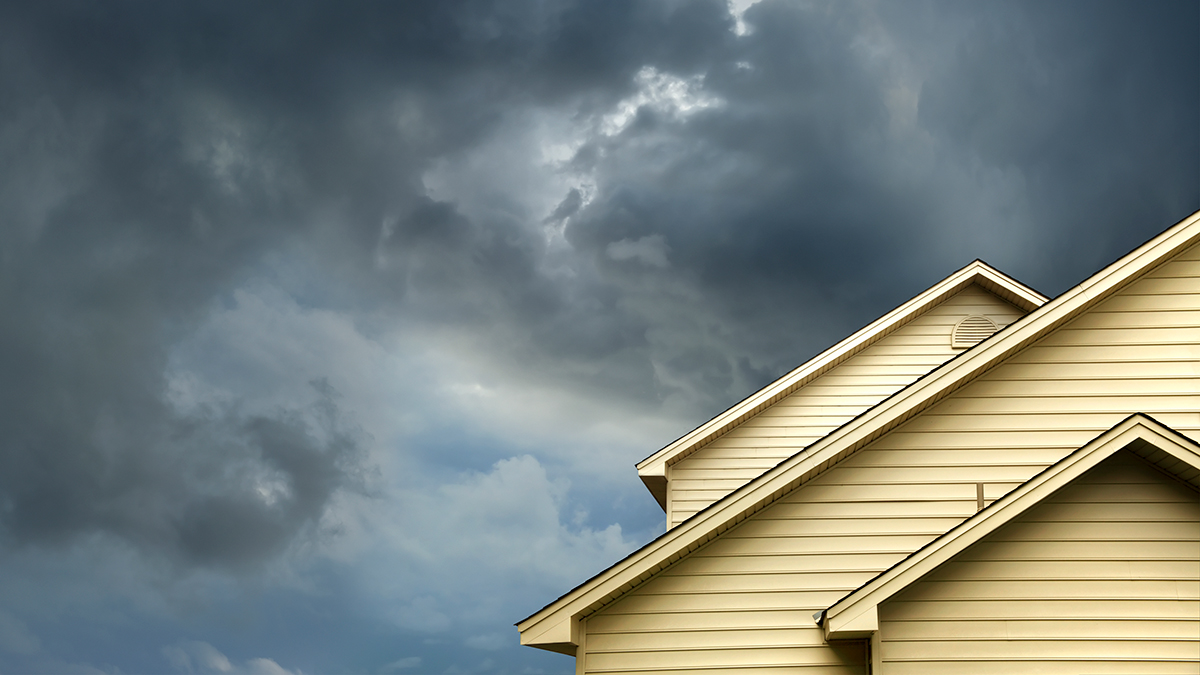Get our independent lab tests, expert reviews and honest advice.
Renters seeking compensation for substandard housing

Need to know
- A pro-bono legal team from Australian Lawyers for Remote Aboriginal Rights and the Grata Fund have taken a bold approach to First Nations rental rights
- The outcome of the case will have implications for renters in jurisdictions with similar housing legislation across Australia
A case currently before the High Court of Australia could be a game changer for renters forced to live in rundown homes, especially those that don’t meet the legal standards of habitability.
For remote First Nations communities, it’s an all-too-common situation.
The case was brought by residents of the remote NT community of Santa Teresa (or Ltyentye Apurte), 70 of whom initially filed against NT Housing in the state tribunal.
The plaintiffs are asking to be compensated for the distress of having to live in public housing with failings that include a lack of electricity, hot water, cooking facilities or functioning toilets. Often the residents had been living in these conditions for weeks, months and – in some cases – years at a time.
Working pro bono lawyers from the non-profit Grata Fund, as well as the non-profit Australian Lawyers for Remote Aboriginal Rights (ALRAR), have provided legal assistance to the community.
“The Northern Territory Tribunal and Supreme Court have already found that these people should be paid compensation, and that’s huge for so many people living in remote homes across the territory, because they’re living in homes that haven’t been repaired for a really long time,” Grata Fund head of strategic communication, Belinda Lowe, tells CHOICE.
The Northern Territory Tribunal and Supreme Court have already found that these people should be paid compensation
Grata Fund head of strategic communications Belinda Lowe
“For example, they’ve decided to compensate one of the plaintiffs, an elderly woman, for not having a back door for five years.”
Compensation for mental suffering
The case before the High Court is also about compensation, but hinges on the more nuanced idea that renters should be compensated not only for the practical difficulties of having to live in dilapidated homes or for damage to their possessions, but also for the mental suffering this causes. For residents of Santa Teresa, the fact that the NT Departing of Housing was unresponsive to requests for repairs is a further aggravating factor.
“So that’s exciting, and could have broad ramifications for all renters nationally, because a lot of the housing legislation is very similar,” says Lowe. “It uses similar terms around habitability.
“If the High Court decides, yes, compensation should be paid for times where homes didn’t meet that habitability standard and for the distress caused to renters, we could see some sweeping changes across the country.”

What does ‘habitable’ mean?
The NT Civil and Administrative Tribunal set a low standard for habitability, limited to health and safety issues. But the NT Supreme Court went further, saying “humaneness, suitability and reasonable comfort” according to current standards must be factored in.
The NT Court of Appeal confirmed that habitability should be defined in broad terms, including “reasonable comfort”.
The definitions, and whether the Santa Teresa housing lived up to them, will be crucial in determining whether compensation is due.
We have 72 or 73 remote communities up here, and the conditions are as bad if not worse than what we saw in Santa Teresa
ALRAR solicitor Daniel Kelly
An Australia-wide problem
In a series of earlier investigations, CHOICE heard from hundreds of renters across Australia who put up with damaged and sometimes unsafe homes for fear of being evicted or facing a rent rise if they complained.
In many remote First Nations communities, the living conditions in public or community rental properties are comparatively worse, according to Lowe.
“The same types of housing issues exist, I would say, in almost all remote communities across the country,” she says. “And it’s distressing. One of the plaintiffs in the Santa Teresa case, for instance, would have to wake up three times a night to mop up sewage so her young children wouldn’t get sick.”
ALRAR solicitor Daniel Kelly echoes Lowe’s view on the state of housing in remote Indigenous communities, particularly in the NT.
“We have 72 or 73 remote communities up here,” says Kelly. “And the conditions are as bad if not worse than what we saw in Santa Teresa.”
Cruise ship case law
It may seem curiously unrelated at first glance, but the legal concept underpinning the renters’ case comes from an earlier High Court decision that found cruise ship passengers were entitled to compensation if the pleasure cruise went wrong.
It was ruled that passengers should be compensated for distress and disappointment in such cases because the experience is supposed to be about enjoyment and relaxation.
Whether the concept can be applied to inadequate housing is a matter for the High Court justices to decide, but Lowe says it underscores a disturbing point.
“It’s just a really stark example of the fact that if you have a bad holiday, you can get compensation,” Lowe says. “But if you’re living in a house that is unsafe and unhealthy, you don’t get anything.”
I suppose when things get bad enough, consumer rights start to look like human rights
ALRAR solicitor Daniel Kelly
Kelly likens the legal approach to an extension of consumer law.
“Essentially we’re trying to use consumer rights in a sort of human rights context,” Kelly says. “I suppose when things get bad enough, consumer rights start to look like human rights.”
Change will take time
Should the High Court decide that the plaintiffs are due compensation for the distress they’ve suffered, Lowe acknowledges that it will take some time for the ruling to filter down to tenancy laws across Australia.
“It will depend on whether or not litigation can be run in those jurisdictions, and the High Court decision may be interpreted differently in different states and territories,” Lowe says.
But it would be an important first step.
“We are happy that the High Court has granted special leave to hear the case,” Lowe goes on. “Only about one in 10 cases that apply for a special hearing get through. So that’s a good sign. We’ll just wait and watch, but we think it’s a really compelling case.”





